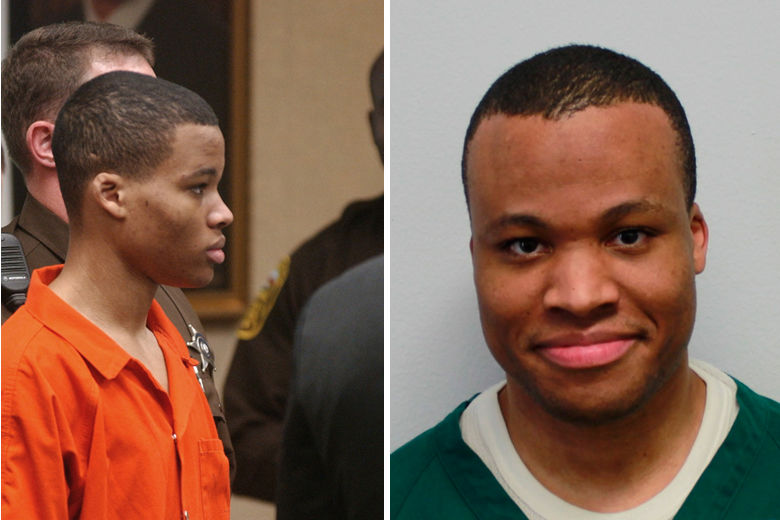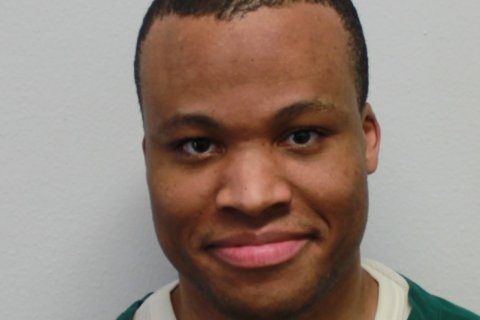
The Fairfax County, Virginia prosecutor who helped convict younger Capital Beltway sniper Lee Boyd Malvo says “I hope and pray” the U.S. Supreme Court doesn’t disturb Malvo’s four life sentences in the commonwealth.
The high court will consider whether Malvo — who was 17 in October 2002, when he and John Allen Muhammad, 41, killed 10 strangers in a three-week sniper spree — should be resentenced in Virginia, because of recent Supreme Court rulings on life sentences for juveniles.
He is currently serving four life sentences for two murders in Virginia, but his defense is hoping he will be resentenced, given recent Supreme Court rulings on life sentences for juveniles.
“I’ve heard a number of people say this isn’t about releasing Malvo, but that’s not true. It’s all about releasing Malvo,” said Fairfax County Commonwealth’s Attorney Ray Morrogh, who was co-counsel when when Malvo was convicted and sentenced for the capital murder of FBI analyst Linda Franklin.
“There are some who don’t believe in life sentences for juvenile offense, and I myself agree that a life sentence for a juvenile should be very rare,” said Morrogh.
“I, for one, don’t want to run into Malvo in the supermarket, someday.”
Franklin was shot Oct. 14, 2002, while loading packages in the parking lot at Home Depot in Falls Church, Virginia. A Chesapeake, Virginia, jury declined to recommend execution, and Malvo was sentenced to two life sentences without parole for Franklin’s murder.
“Today I’m thinking of Linda Franklin,” Morrogh told WTOP. “I’ll never forget that night — I know her husband won’t, or any of us.”
Franklin’s husband, Ted, witnessed the murder and placed a frenzied 911 call, which was played as prosecution evidence during Malvo’s trial.
Malvo later pleaded guilty in Spotsylvania County, and received two more life sentences. He was subsequently sentenced to six life sentences in Montgomery County, Maryland.
In 2017, the U.S. Appeals Court for the 4th Circuit ruled Malvo should be resentenced for his four Virginia convictions in light of recent Supreme Court decisions. Virginia Attorney General Mark Herring appealed the ruling to the nation’s highest court.
While execution for juveniles was still an option when Malvo was sentenced in 2003, the Supreme Court has since made several rulings about how young murderers should be punished.
In 2005, the court ruled capital punishment was unconstitutional for juveniles. In 2012, Miller v. Alabama determined juveniles could not be sentenced to mandatory life sentences. In 2016, Montgomery v. Louisiana determined the Miller ruling should apply retroactively to earlier life sentences for juveniles.
Morrogh said the judge heard argument that, despite his youth, Malvo was at least equally culpable as Muhammad, who was sentenced to death and executed in 2009.
“Malvo was less than four months away from turning 18,” said Morrogh.
“He had a history of abusing cats and other animals as a child, a history of criminality, some evidence of violence and he literally laughed during his confession — chortled, actually, in describing some of the killings.”
In Maryland, Malvo’s convictions were upheld in 2017, but he has appealed the decision to the Court of Appeals.
Defense attorney Craig Cooley has said, even if Malvo is granted a resentencing for his Virginia convictions, Malvo knows he will never walk free.
“Malvo is a serial killer — this is a very evil, evil person, who should never be released,” Morrogh said.
“I hope and pray that the court feels the same way.”








